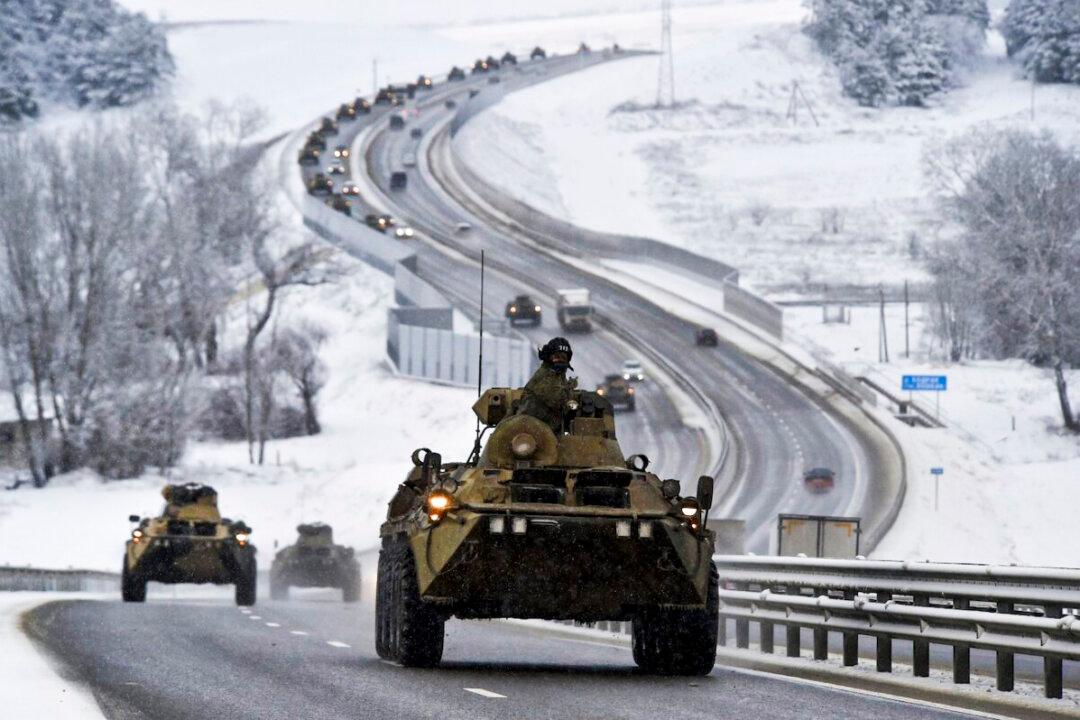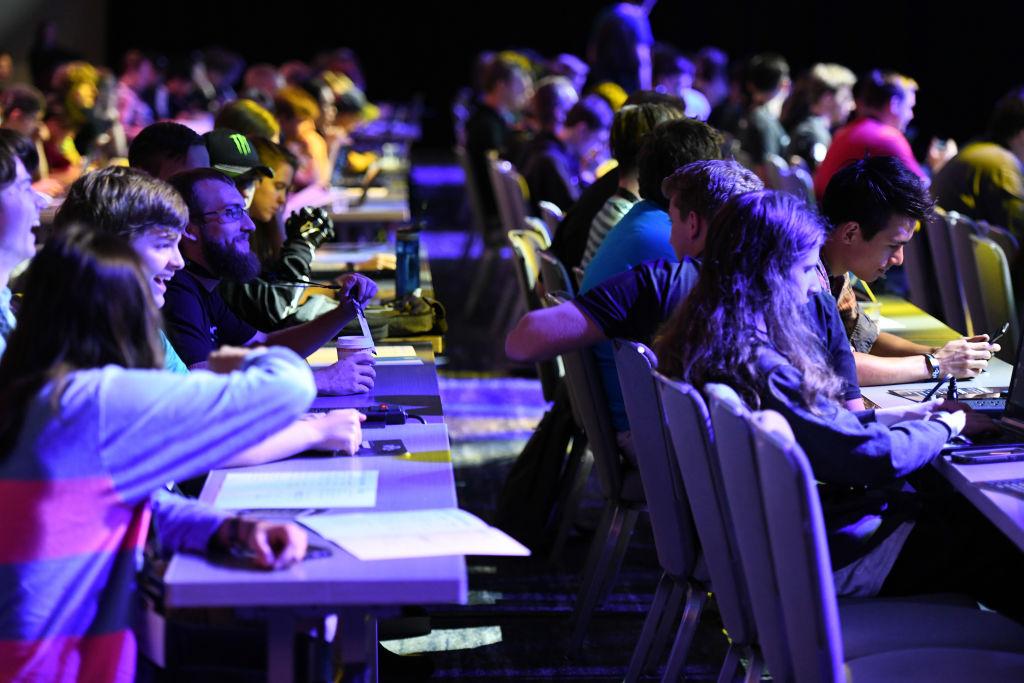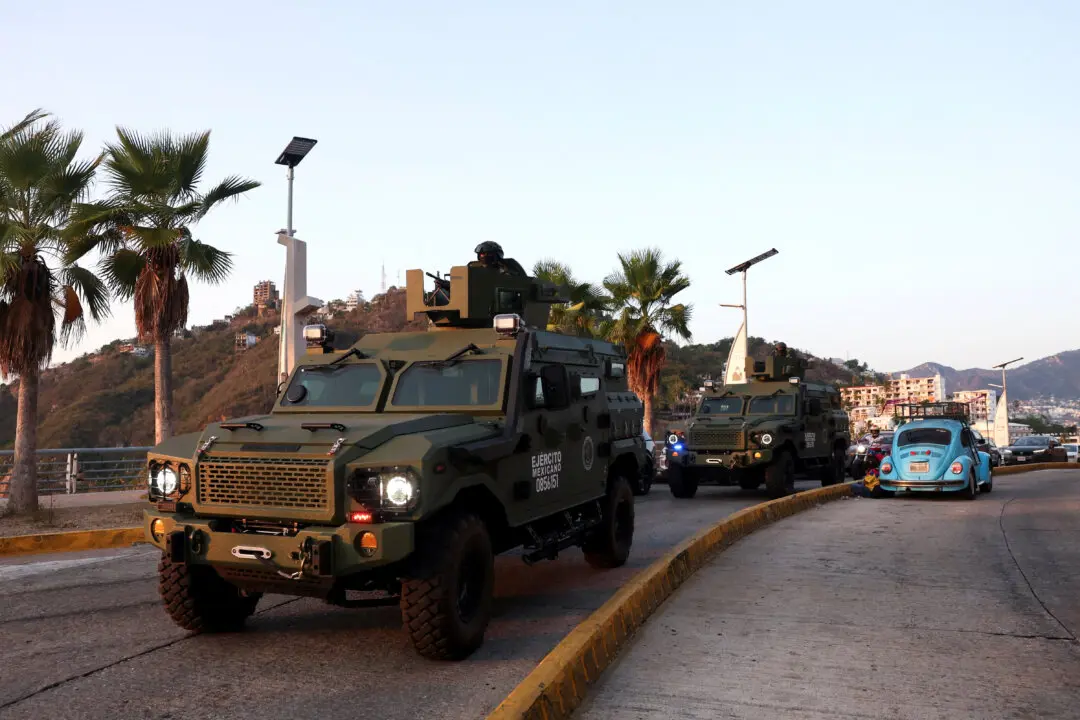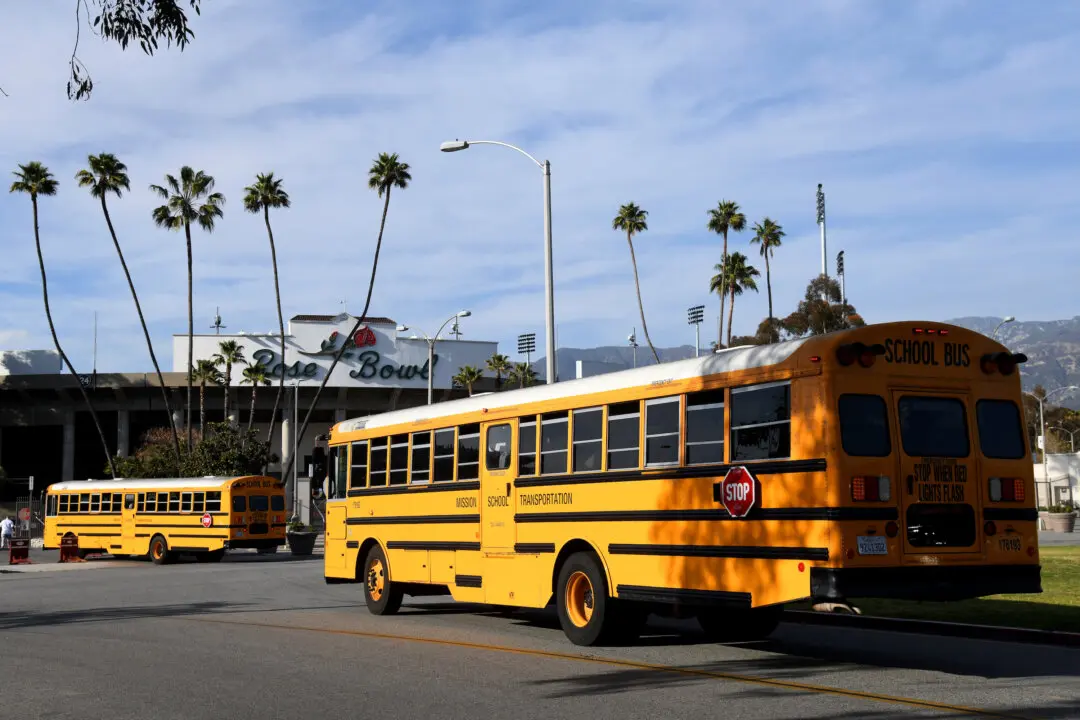Russia and Belarus have begun joint military exercises close to Belarus’s borders near Ukraine, further inflaming tensions in the region and triggering Kyiv to conduct its own military exercises in response.
The Russia–Belarus military drill, which began on Feb. 10, will reportedly last for 10 days. Moscow has committed 30,000 troops while almost the entirety of the armed forces of Belarus is taking part in the exercises.





